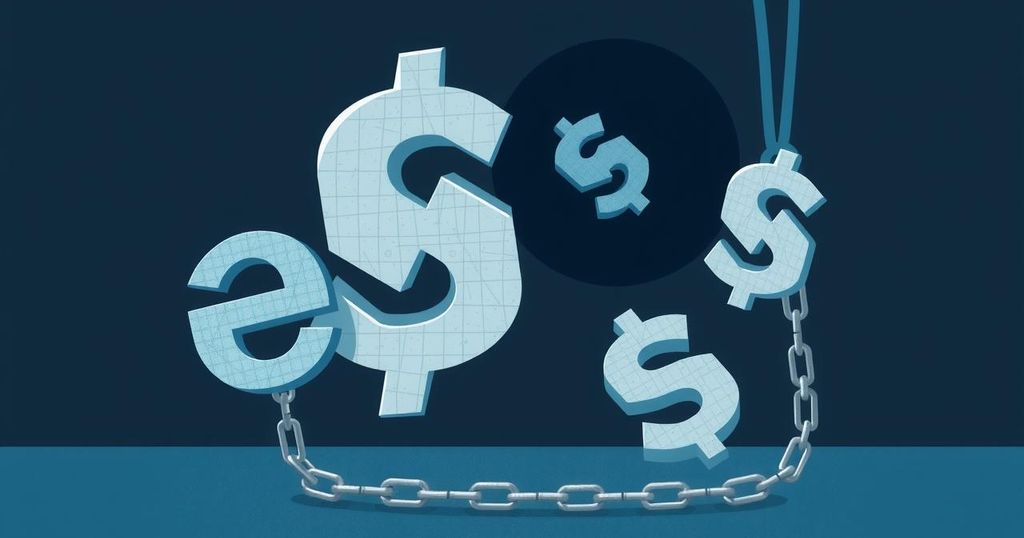Moody’s Rating has indicated expected losses for Ethiopia’s private creditors due to the ongoing debt restructuring under the G-20 Common Framework. Despite progress with the IMF’s support, direct agreements with creditors remain challenging, jeopardizing the financial recovery. The agency expressed that Ethiopia’s credit ratings could potentially change based on the outcomes of these negotiations.
On March 14, 2025, Moody’s Rating, a prominent global credit rating agency, completed a review of Ethiopia’s credit standing, indicating expected losses for private creditors due to the government’s ongoing debt restructuring process under the G-20 Common Framework (CF). Moody’s expressed concerns regarding the potential duration of this restructuring, suggesting that losses for creditors could surpass current estimates in the agency’s ratings for Ethiopia.
Ethiopia has been actively seeking debt restructuring since February 2021, establishing a creditor committee comprising twelve nations co-chaired by China and France six months later. A successful restructuring is contingent upon reaching an agreement with the International Monetary Fund (IMF) economic program. Although an IMF program was approved in July 2024 and economic reforms initiated, an agreement with official creditors remains unattained, particularly following Ethiopia’s failure to make a $1 billion Eurobond principal payment in December 2024.
An ad hoc committee representing approximately 40% of the bondholders has previously rejected Ethiopia’s proposal for an 18% principal haircut and has raised objections toward the IMF’s economic assessments, claiming significant inaccuracies. Moody’s reiterated that Ethiopia’s current ratings reflect anticipated losses for private-sector creditors resulting from the government’s active restructuring negotiations.
Although a foreign currency rating upgrade is deemed unlikely at this time, conditions may improve with smaller anticipated losses for creditors and enhanced foreign exchange reserves. Conversely, a rise in losses or a significant decline in domestic liquidity could lead to further downgrades as well. This follows Moody’s decision to downgrade Ethiopia’s foreign currency rating to Caa3 in September 2023, prompted by concerns regarding defaults on foreign currency-denominated debts.
While Fitch has recently upgraded Ethiopia’s Long-Term Local-Currency Issuer Default Rating to ‘CCC+’ based on stabilizing financial conditions, there remains local criticism of the inadequate support from the IMF for vulnerable economic groups. Nevertheless, Ethiopia’s Finance Minister, Ahmed Shide, conveyed optimism, mentioning that the country is in the final stages of negotiations with creditors, focusing on the potential success of the IMF’s four-year extended credit facility and the overall restructuring process.
In summary, Moody’s anticipates significant losses for Ethiopia’s private creditors due to the prolonged debt restructuring under the G-20 Common Framework. Although an IMF program has been established and initial reforms are underway, a resolution with creditors remains unforthcoming. The outlook for Ethiopia’s credit ratings hinges on the outcomes of ongoing negotiations and economic stabilization efforts, underscoring the critical nature of this restructuring process.
Original Source: shega.co




